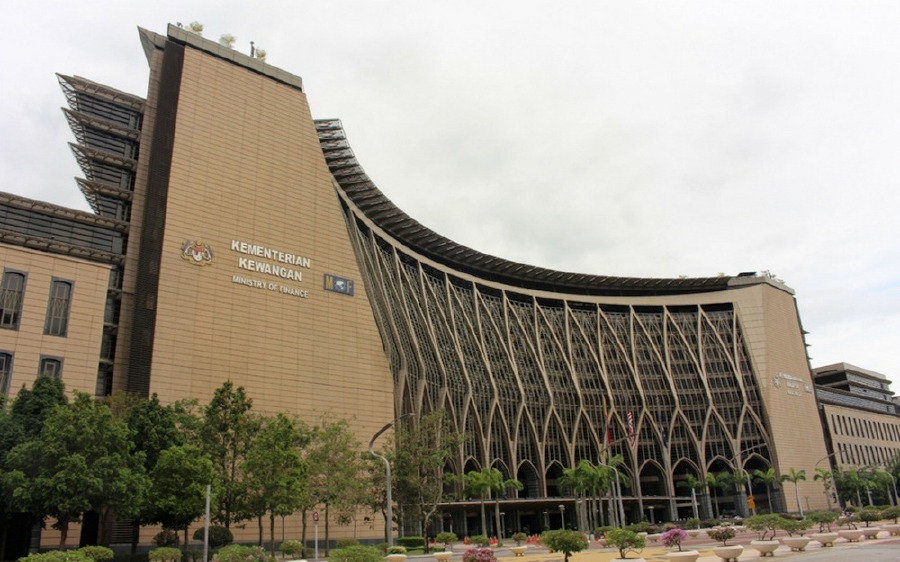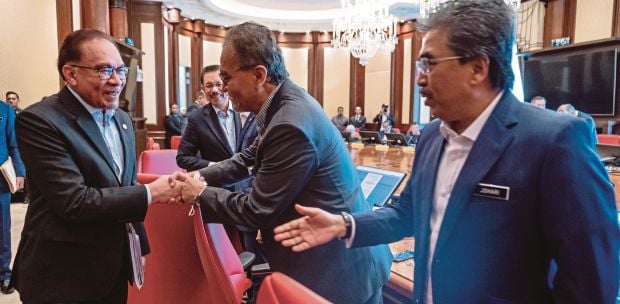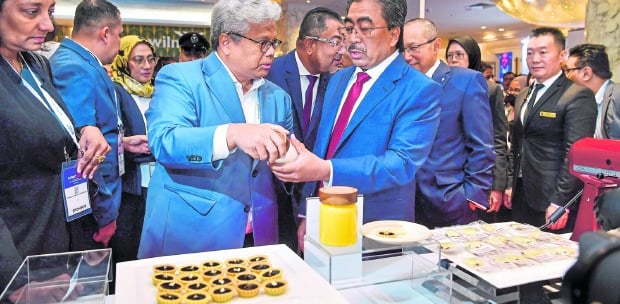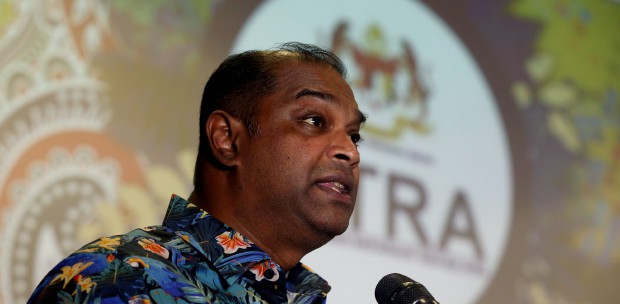KUALA LUMPUR: As Datuk Seri Anwar Ibrahim prepares for his Cabinet line-up which may be known this week, all eyes are also trained on who will helm the Finance Ministry, arguably the second most important portfolio in the government.
Since the Asian 1997-1998 financial crisis, the finance minister has been deemed more powerful than the role of the deputy prime minister, economists said.
Besides controlling the treasury, at the heart of the ministry's power is its stranglehold on a plethora of critical institutions such as the dozens of economic powerhouses including the Employees Provident Fund, Petroliam Nasional Bhd, Permodalan Nasional Bhd and Khazanah Nasional Bhd as well as government-linked companies.
There is an overwhelming belief that the finance minister post is a contest between PKR's number two Rafizi Ramli and Umno's Datuk Seri Johari Abdul Ghani, although Anwar may want to fill in that role himself.
Economists said if the Prime Minister decided against holding the post, Anwar would likely name Rafizi over Johari, who was a successful entrepreneur before becoming a politician.
Anwar previously said he had not considered taking up the Finance Minister portfolio "at the moment", and that he would look at all possibilities before making a final decision.
"We will look at all possibilities but at the moment, I have not considered that," Anwar reportedly said late last week when asked whether he would take up the role in an effort to reduce Cabinet size.
Economists said strategically, Anwar would want to keep the finance ministry under PKR given the ministry's importance in, among others, deciding the financial outcome for projects proposed and approved by other ministries.
Ideally though, they said Johari would be a better fit than Rafizi, having a clear understanding of how the economy works and served as the second finance minister in Datuk Seri Najib Razak's government.
Johari carried with him decades of financial and corporate experience, dwarfing that of the 45-year-old Rafizi, a former accountant with Petronas, they added.
Putra Business School associate professor Dr Ahmed Razman Abdul Latiff picks Rafizi as the favourite to helm the finance ministry, with Johari being appointed to lead International Trade and Industry Ministry (Miti).
Rafizi, said Ahmed Razman, boasted a corporate background and was "very knowledgeable" with regards to finance.
"He also has been monitoring the Finance Ministry's affairs for a while, so it will be an easy transition for him," he told the New Straits Times.
"Similarly, Datuk Johari is a well-known corporate player and the Miti post is suitable for him due to his extensive connections and linkages with local and international industry partners."
A chartered accountant, Rafizi is the founder of both whistleblower organisation National Oversight and Whistleblowers Centre and election volunteerism organisation Invoke Malaysia.
After graduating from college, Rafizi worked for an accounting firm in the UK and at the same time, studied for professional papers and qualified as a chartered accountant under the Institute of Chartered Accountants in England and Wales.
Upon returning to Malaysia in 2003, Rafizi worked for Petronas from 2003 to 2009.
During his tenure at Petronas, he held many important portfolios including managing its petrochemical assets.
In 2009, he became general manager of healthcare company Pharmaniaga Bhd, before being appointed as chief executive of Selangor Economic Advisory Office, a position he held until July 2012.
Rafizi had revealed many leakages in the government, including corruption and mismanagement.
Among his famous revelation of Barisan Nasional's wrongdoings was the National Feedlot Corp scandal involving former Women, Family and Community Development Minister Shahrizat Abdul Jalil.
Shahrizat and her family were accused of misusing RM250 million in public funds meant for a state cattle ranch in Gemas, Negri Sembilan.
He also revealed malpractices and wastages in the government which included the awards of overpriced closed tender projects and purchases of overpriced assets.
Johari, meanwhile, sits on Malaysia Economic Council which is responsible, among others, to formulate strategies to sustain the country's economic growth through foreign direct investment and domestic investments.
The council also monitors and analyses trends in the development of both global and domestic economies in order to formulate specific actions to spur growth.
Johari was also a member of the board of directors of Khazanah.






